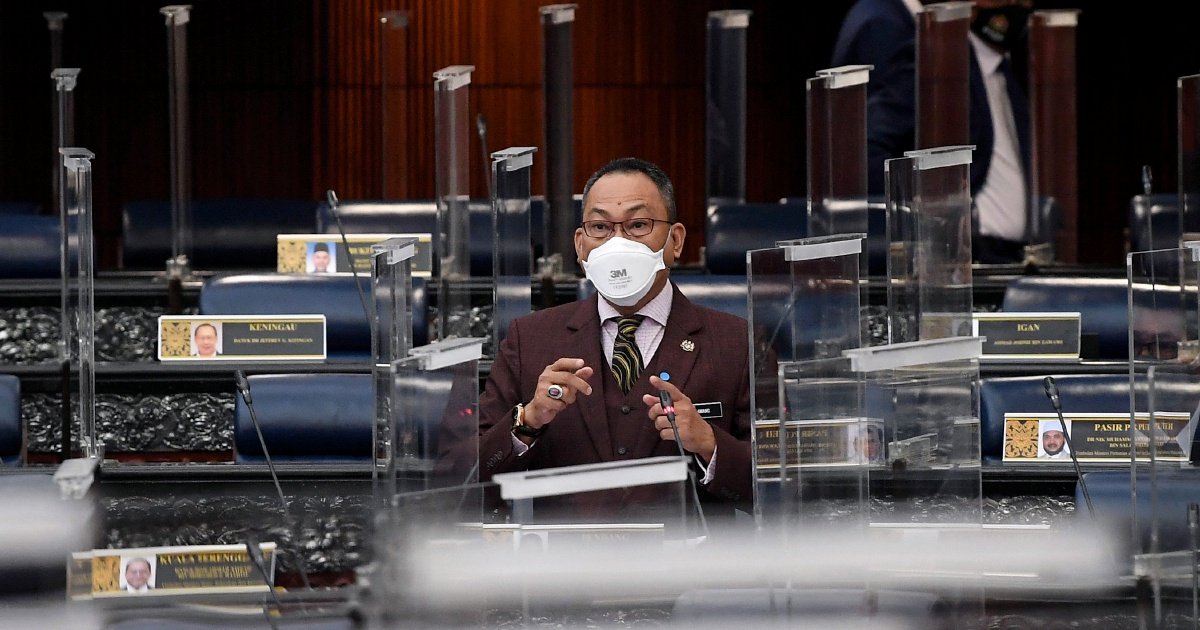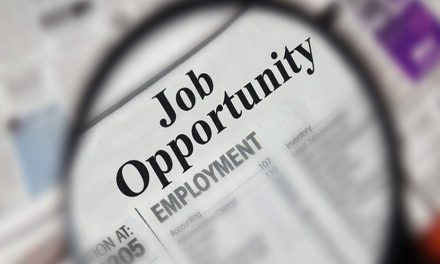A REVIEW report on the minimum wage will be completed by the end of this year, says Deputy Human Resource Minister Datuk Awang Hashim.
He said the study by the Human Resource Ministry through the National Wages Consultative Council is expected to be completed by the fourth quarter and presented by early 2022.
“If there are to be any changes, then this will have to be brought to Parliament,” he said in response to a supplementary question from Syed Saddiq Syed Abdul Rahman (IND-Muar) in the Dewan Rakyat yesterday.
He said the study was in line with the wage review that is carried out once every two years.
Awang also said it took into consideration matters such as the nation’s gross domestic product and stability of the economy, including the cost and standard of living.
Syed Saddiq noted that the last review was carried out by Pakatan Harapan with a view of seeing the minimum wage raised to RM1,500.
The last review was carried out in 2020 where the minimum wage was raised to RM1,200 from RM1,100 previously.
The new minimum wage came into force in February last year in 57 cities and towns across the country.
However, the minimum wage remained at RM1,100 a month in areas that are not considered part of these cities and towns.
On a separate issue, Syed Saddiq suggested that companies such as GrabFood, Foodpanda and AirAsia’s food delivery service contribute to ensure social protection for gig workers.
“If we look around the world, it is the employers or companies that subsidises (social protection) and not the government.
“If the government subsidises, it means that they are subsidising for the big ‘towkays’ (businessmen).
“The government should not take over this responsibility,” he said.
In response, Awang noted that the government decided to implement the Self-employed Social Security Scheme (SKSPS) under the Social Security Organisation (Socso) last year in response to the Covid-19 pandemic to protect the self-employed and gig workers.
He said the pandemic had affected all sectors of the economy and the subsidy was a form of assistance to help industries recover while also providing social security protection for gig workers.
“When they (businesses) recover, it will be a catalyst for the economy and the government will be able to collect taxes which will be used to help the rakyat,” he added.
Under the SKSPS, the government contributes up to 70% to Socso while the remaining 30% is contributed by the gig workers or by their platform service providers. The amount contributed by the government ranges from RM163.00 to RM232.80 per year for each worker. There are currently an estimated four million gig workers in the country.









